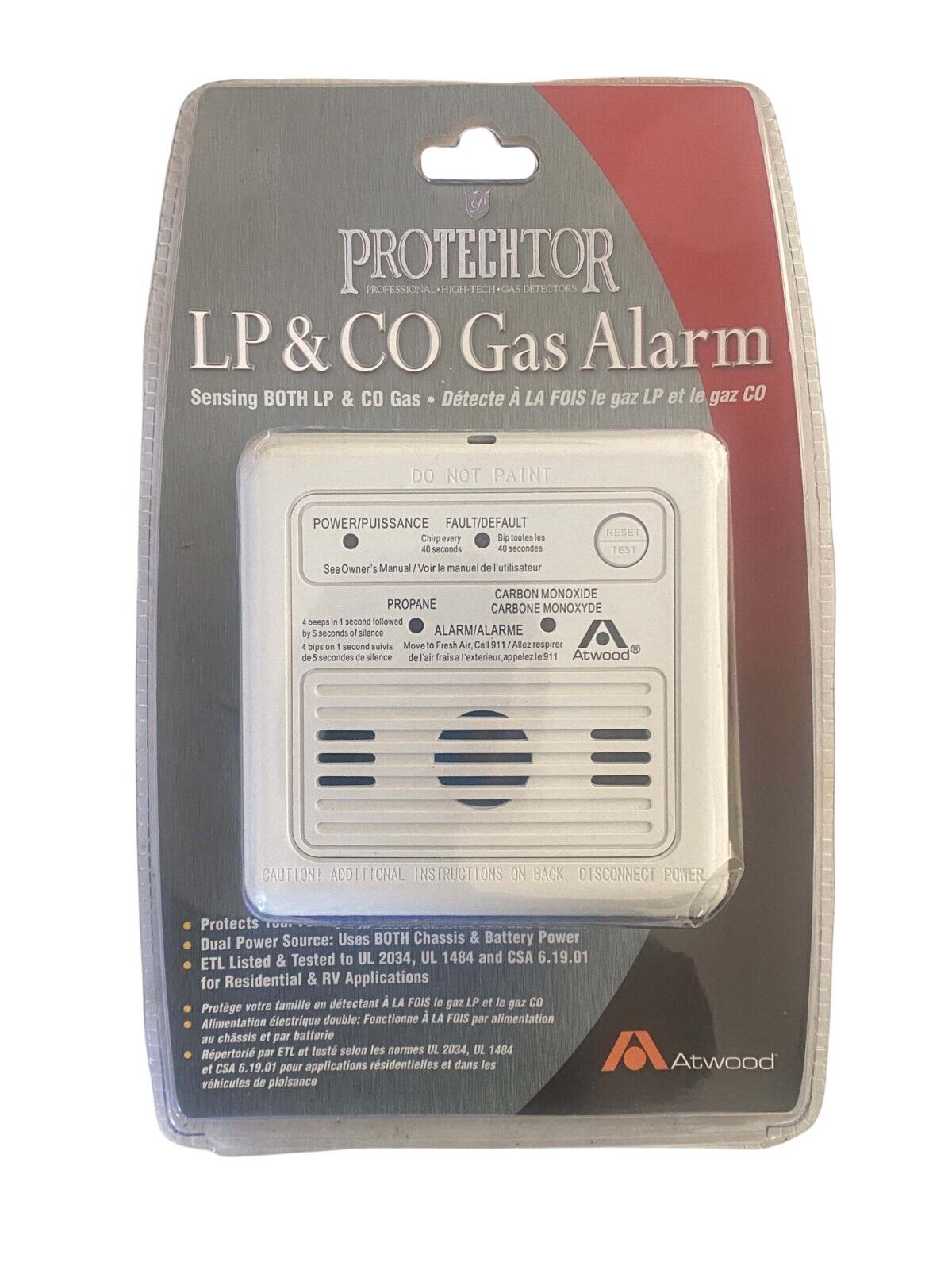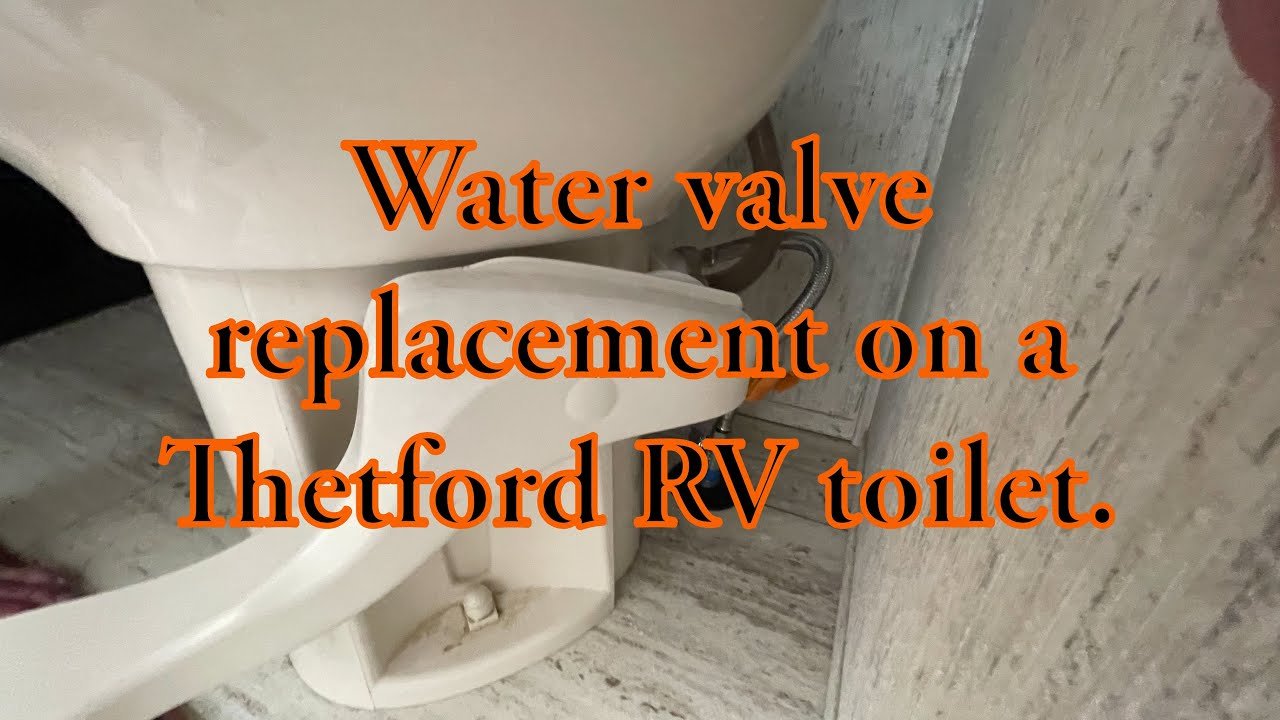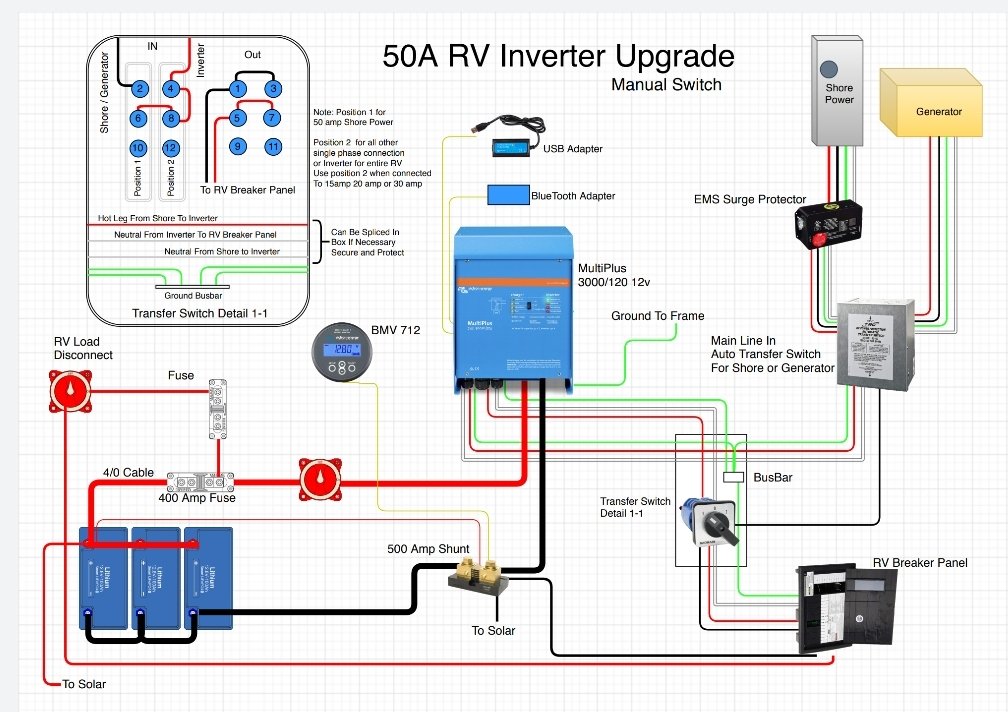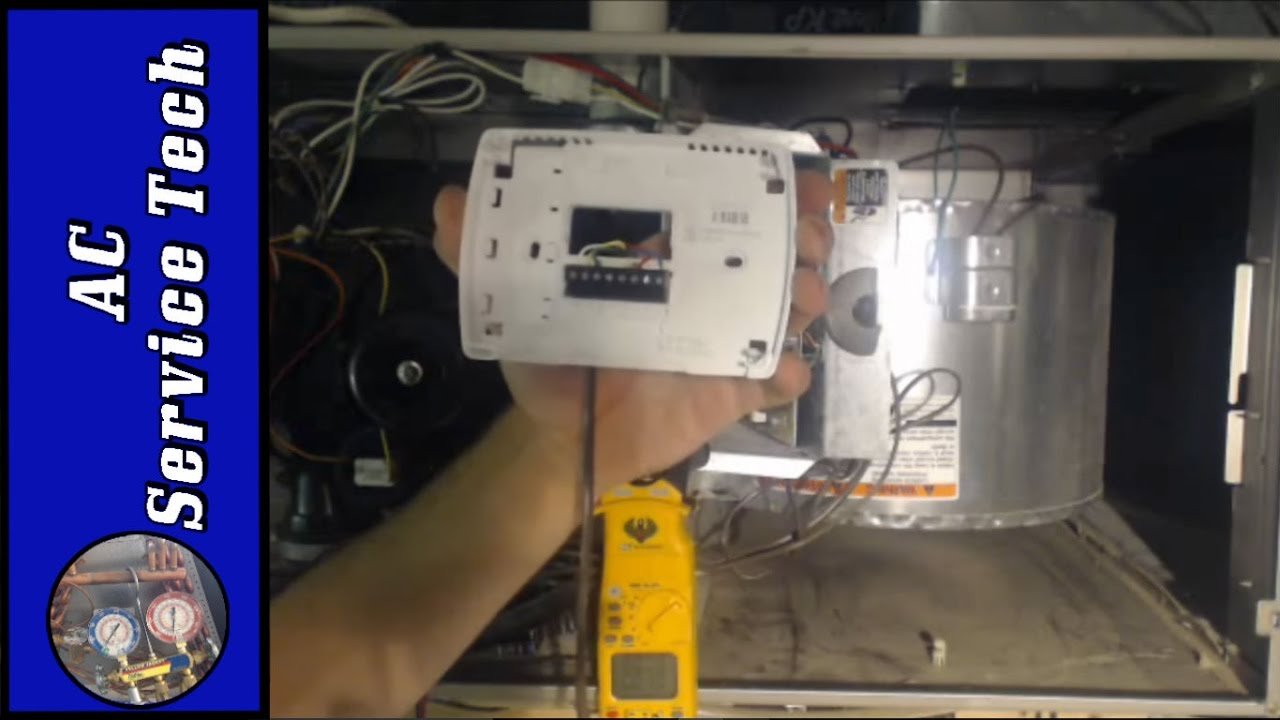Have you ever heard a strange chirping sound in your RV? This could be your propane gas detector alerting you.
Understanding why your RV propane gas detector is chirping can prevent potential hazards. Propane gas detectors are vital for safety in RVs. They detect gas leaks and warn you to take action. But why do they chirp, and what should you do?
In this blog post, we will explore common reasons for the chirping sound, how to address it, and tips for maintaining your propane gas detector. Ensuring your detector works correctly can keep you and your loved ones safe. So, let’s dive into the details and understand more about this essential RV safety device.
Credit: www.dutchmenowners.org
Introduction To Rv Propane Gas Detectors
Traveling in an RV offers freedom and adventure. But safety is crucial. One important safety device is the RV propane gas detector. It helps keep you safe from gas leaks. These detectors are designed to sense propane gas in the air. They alert you with a chirping sound if a leak is detected.
In this blog, we will discuss the purpose and importance of RV propane gas detectors. We will also look at common issues you might face.
Purpose And Importance
The main purpose of an RV propane gas detector is to detect propane leaks. Propane is commonly used in RVs for cooking, heating, and refrigeration. A leak can be dangerous, even deadly.
These detectors are essential for ensuring your safety. They provide an early warning system. This gives you time to address the leak before it becomes hazardous. Ignoring a propane leak can lead to fires or explosions. Therefore, having a working detector is crucial.
Common Issues
Sometimes, RV propane gas detectors might chirp even without a gas leak. This can be due to several reasons:
- Low Battery: Detectors need a good power source. A low battery can cause chirping.
- Old Detector: Over time, detectors wear out. Older units might chirp more often.
- Environmental Factors: Strong odors or chemicals can trigger the detector.
Regular maintenance can help avoid these issues. Ensure your detector is clean and has a fresh battery. Replace old units with new ones to ensure optimal performance.
Causes Of Chirping In Propane Detectors
Propane gas detectors are essential for RV safety. They alert you to gas leaks. Sometimes, these devices emit a chirping sound. This noise can be annoying and concerning. Understanding the causes helps you address the issue promptly.
Low Battery
A common cause of chirping is a low battery. Propane detectors need a steady power supply. When the battery is weak, the device chirps. This sound indicates the need for a battery replacement. Check your detector’s battery status regularly. Replace old batteries to keep the detector functioning well.
Sensor Malfunction
Another cause of chirping is a sensor malfunction. Sensors in propane detectors can wear out. Dust or debris may also affect them. If the sensor malfunctions, the device may chirp. Cleaning the detector can help. If chirping continues, consider replacing the detector.
Safety Precautions Before Troubleshooting
Before you start troubleshooting your RV propane gas detector, it’s important to take some safety precautions. Taking these steps can help ensure your safety and prevent accidents. Here are the key steps you should follow:
Turn Off Gas Supply
First, turn off the gas supply to your RV. Locate the main gas valve and turn it off. This will stop the flow of propane and reduce the risk of leaks or explosions. Use caution when handling the valve.
If you are unsure about the location of the gas valve, refer to your RV’s manual. Make sure to double-check that the gas supply is completely turned off before proceeding.
Ventilate The Area
Next, ventilate the area around the gas detector. Open all windows and doors to allow fresh air to circulate. This helps to disperse any accumulated propane gas and reduces the chance of inhaling harmful fumes.
You can also use fans to increase air circulation. Ensure that there is adequate ventilation before you start troubleshooting the detector.
By following these simple steps, you can ensure a safer environment for troubleshooting your RV propane gas detector. Your safety should always be the top priority.
Step-by-step Troubleshooting Guide
Is your RV propane gas detector chirping? This sound can be annoying and worrisome. To help you, here is a step-by-step troubleshooting guide. Follow these steps to identify and resolve the issue.
Inspecting The Battery
The first step is to check the battery. A low battery can cause the detector to chirp. Follow these steps:
- Locate the detector on your RV.
- Remove the cover to access the battery.
- Check the battery’s expiration date.
- If expired, replace the battery with a new one.
- Ensure the new battery is properly installed.
Replacing the battery often stops the chirping. If it continues, move on to the next step.
Resetting The Detector
If the battery is fine, try resetting the detector. Here is how:
- Find the reset button on the detector.
- Press and hold the reset button for 10 seconds.
- Release the button and wait for the detector to reset.
After resetting, listen for any chirping sounds. If the detector still chirps, it may need replacement.
| Step | Action |
|---|---|
| 1 | Inspect the battery |
| 2 | Reset the detector |
By following these steps, you can often identify the cause of the chirping. A functioning detector ensures your safety. Regular maintenance keeps your RV safe from propane leaks.
When To Replace Your Detector
A chirping RV propane gas detector can be annoying and alarming. Replacing it on time is vital to ensure your safety. But how do you know when it’s time? Let’s dive into the signs and guidelines for replacing your RV propane gas detector.
Signs Of Wear And Tear
Wear and tear is common in RV propane gas detectors. Over time, the detector may show visible signs of damage. Look for the following:
- Cracks on the casing
- Discoloration
- Loose connections
If you notice any of these issues, replace the detector. These signs mean it may not work correctly. A faulty detector can’t reliably alert you to gas leaks.
Manufacturer’s Recommendations
Manufacturers provide specific guidelines on when to replace RV propane gas detectors. These guidelines ensure your safety. Check your detector’s manual for details. Most detectors need replacement every 5 to 7 years.
Here’s a simple table to help you track replacement timelines:
| Manufacturer | Replacement Interval |
|---|---|
| Brand A | 5 years |
| Brand B | 6 years |
| Brand C | 7 years |
Follow these intervals strictly. Regular replacements ensure your detector works when you need it.
Remember, a chirping detector is a warning. It may mean the detector is nearing the end of its life. Always prioritize safety and replace your RV propane gas detector as recommended.

Credit: shop.weareairstreamsuperstore.com
Preventive Maintenance Tips
Preventive maintenance can keep your RV propane gas detector working well. This can help you avoid unexpected chirping. Regular testing and cleaning are key. These simple steps can ensure your safety while on the road.
Regular Testing
Test your RV propane gas detector monthly. Press the test button until you hear a beep. If it does not beep, replace the battery. If it still does not work, consider replacing the detector.
Cleaning The Detector
Dust can affect the detector’s performance. Clean it every three months. Use a soft brush or a vacuum with a brush attachment. Gently remove any dust or debris. Avoid using water or cleaning sprays.
Choosing The Right Replacement Detector
Choosing the right replacement detector for your RV propane gas detector chirping issue is crucial for safety. A detector that works effectively can save lives. Here’s a guide to help you pick the best replacement detector.
Features To Look For
When choosing a new RV propane gas detector, consider these features:
- Accuracy: The detector must provide accurate readings to ensure safety.
- Battery Life: Longer battery life means fewer replacements.
- Easy Installation: Look for detectors that are simple to install and use.
- Alarm Sound: The alarm should be loud and clear to alert you immediately.
- Durability: The detector should withstand the RV environment.
Top Brands
Several brands are known for their quality RV propane gas detectors. Here are some top options:
| Brand | Features |
|---|---|
| MTI Industries | Reliable, easy to install, and accurate readings. |
| Safe-T-Alert | Long battery life, loud alarm, and durable. |
| Atwood | Compact, user-friendly, and dependable. |

Credit: www.youtube.com
Frequently Asked Questions
Why Is My Rv Propane Gas Detector Chirping?
Your RV propane gas detector may be chirping due to a low battery. It can also indicate a malfunction or the presence of propane gas.
How Do I Stop Rv Gas Detector Chirping?
To stop the chirping, replace the battery if it’s low. If the issue persists, check for gas leaks or consider replacing the detector.
Can I Reset My Rv Propane Gas Detector?
Yes, you can usually reset your RV propane gas detector by pressing the reset button. Refer to the user manual for specific instructions.
When Should I Replace My Rv Propane Gas Detector?
You should replace your RV propane gas detector every 5-7 years. Check the manufacturer’s guidelines for the exact replacement interval.
Conclusion
Ensure your RV propane gas detector is in good condition. Regular checks prevent emergencies. A chirping detector signals attention is needed. Address issues promptly for safety. Simple steps keep your trips worry-free. Replace batteries and clean regularly. Now you can enjoy peace of mind on the road.
Stay safe and happy travels!





